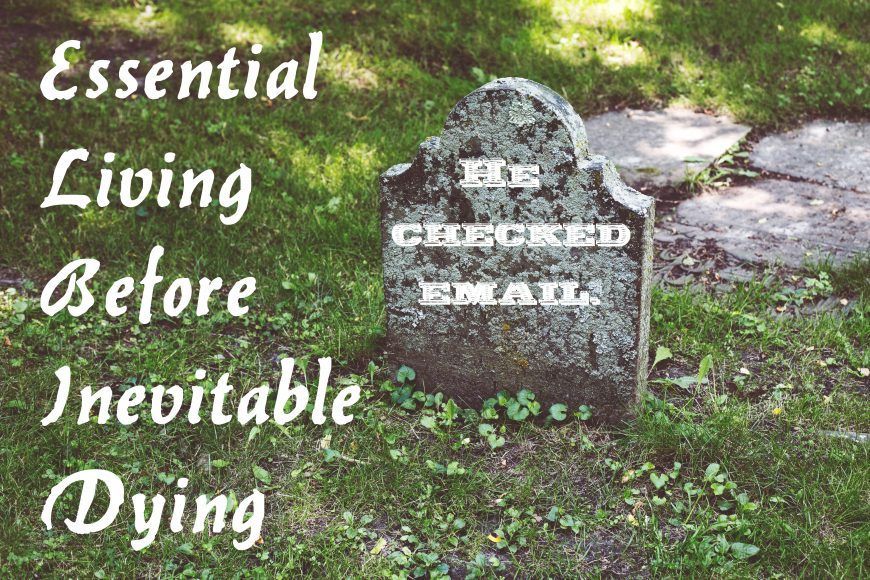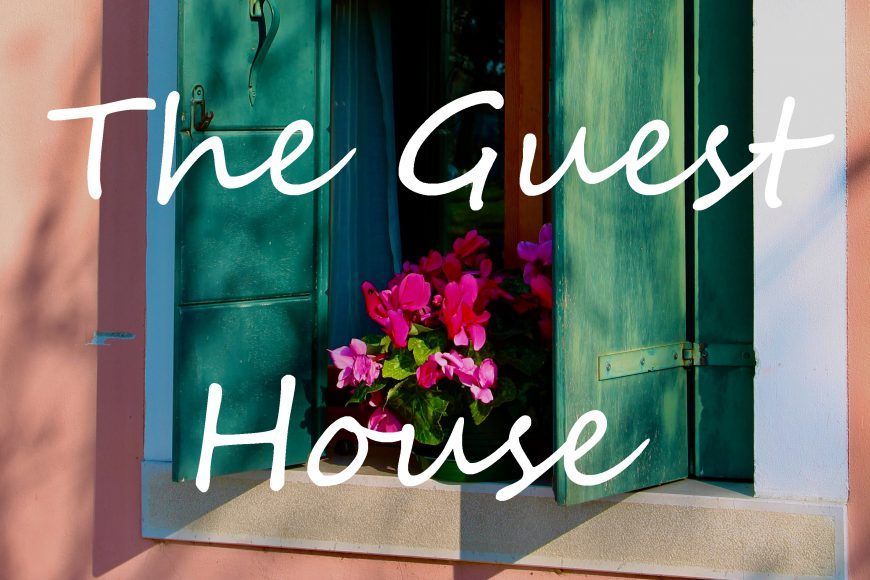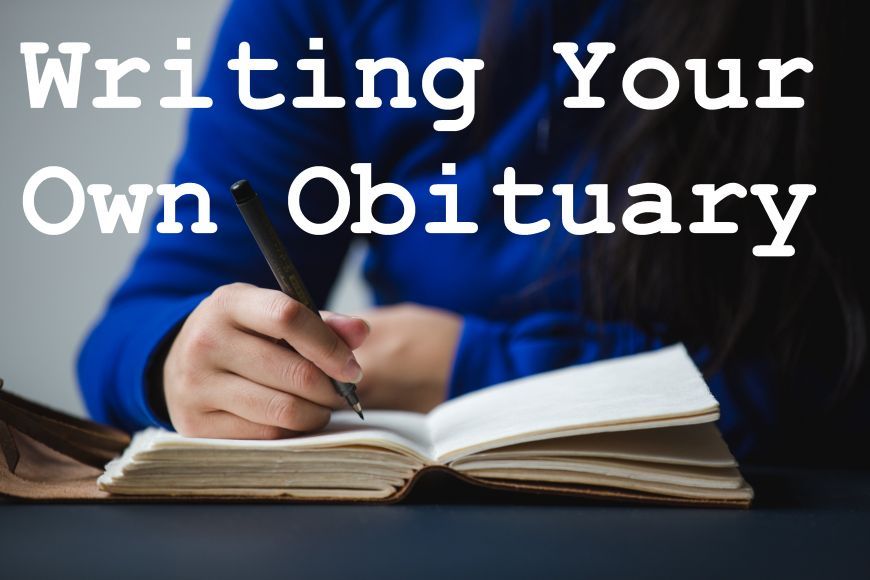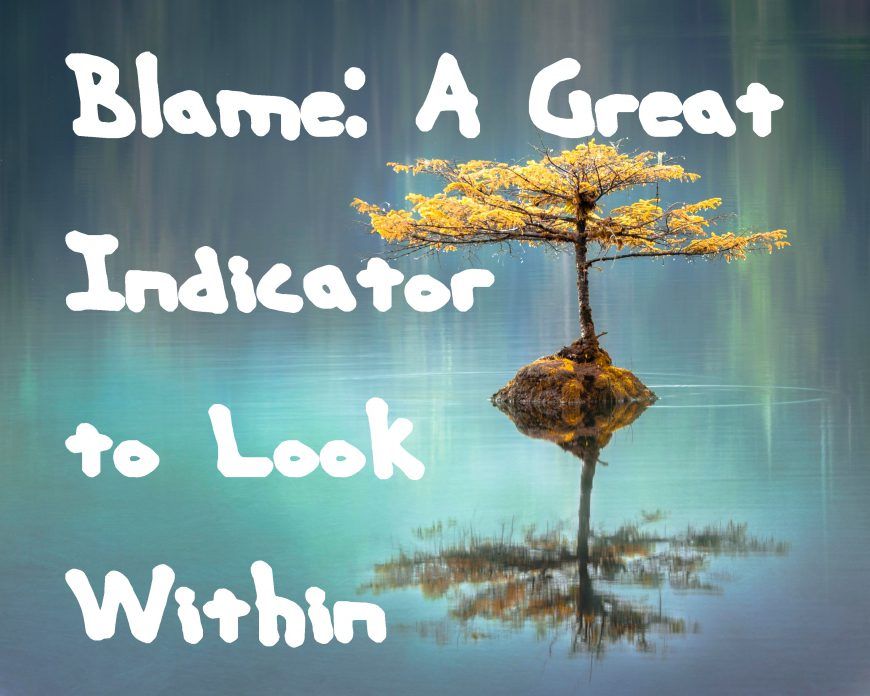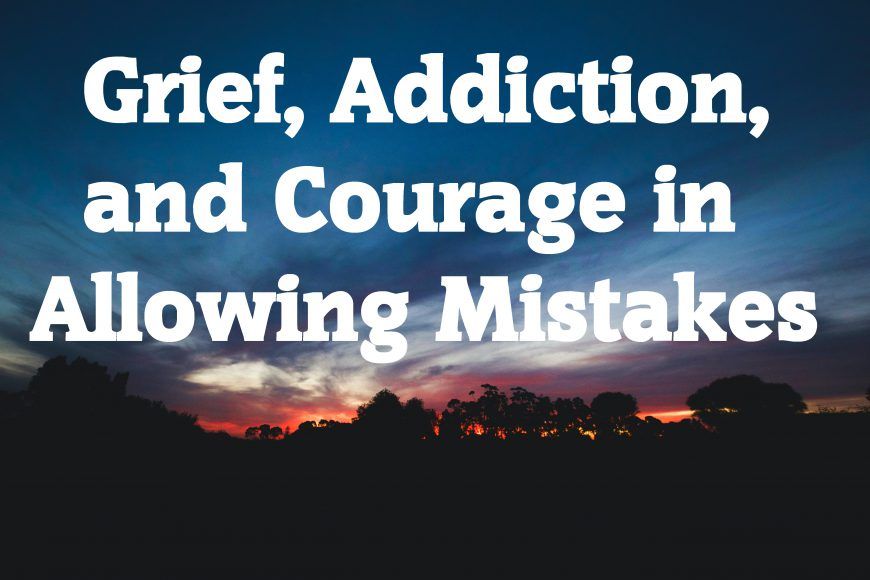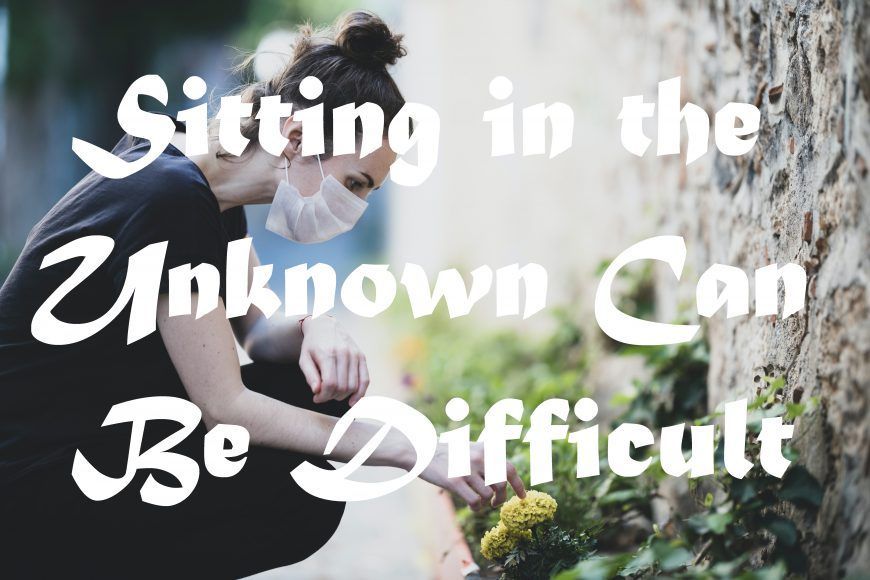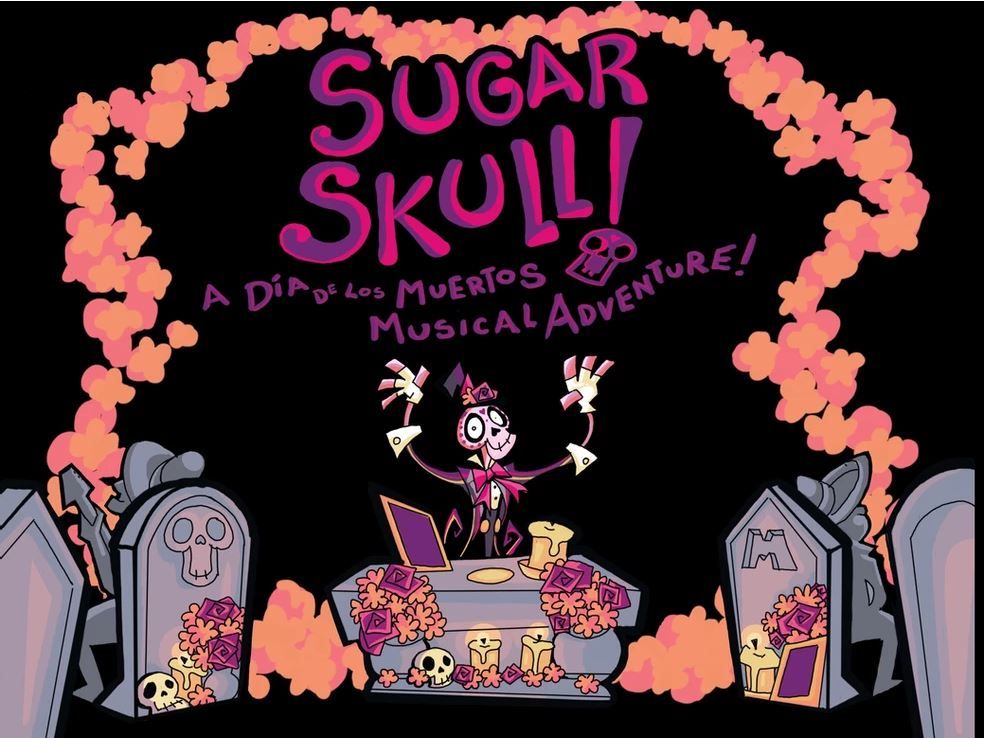I Walk Through the Valley of the Shadow of Death
Psalm 23
The Lord is my shepherd; I shall not want.
He maketh me to lie down in green pastures:
he leadeth me to beside the still waters.
He restoreth my soul: he leadeth me in the
paths of righteousness for his name’s sake.
Yea, though I walk through the valley
of the shadow of death ,
I will fear no evil: for thou art with me;
they rod and thy staff they comfort me.
Thou preparest a table before me
in the presence of mine enemies:
thou anointest my head with oil;
my cup runneth over.
Surely goodness and mercy shall
follow me all the days of my life:
and I will dwell in the house
of the Lord for ever.
Gained in Translation
There’s an Italian proverb, “traduttore, traditore,” which American Rabbi Harold Kushner mentions in his book, The Lord is My Shepherd . It means, “to translate is to betray.” Usually, Kushner says, even the best translation will never completely capture the essence of the author’s original words.
In contrast, the translators of the 23rd Psalm from its original Hebrew to the English King James’ Bible have actually made a key phrase in this verse more poetic , more revealing , and more faithful than the original: a rare translational feat.
According to most Biblical scholars, the original Hebrew word used in this verse was salmawet (צַלְמָוֶת) , which means “deep darkness.” However, in the translation, the word was interpreted as two words: sel (צל) , which means “shadow,” and mawet (מות), which means “death.”
“ I walk through the deep darkness ,” was thereby translated to, “ I walk through the shadow of the valley of death .”
Shadow and Light
Through this improvement in translation, we come to understand that the shadow of death is the knowledge of our own, and our loved one’s, mortality. It’s our knowledge that death will come.
The story of God warning Adam and Eve that once they eat from the tree of knowledge, they will die, illustrates the kind of metaphorical death the knowledge of our own mortality brings about. Knowing we will die, and knowing those we love will die, casts a dark, frightening shadow into what would otherwise be our life’s sunny days.
Kushner suggests that people may react in several ways when contemplating the inevitability of death, or, in Biblical terms, when eating from the tree of knowledge of good (life) and evil (death).
- We can throw all caution to the wind, and behave recklessly in the “eat, drink, and be merry, for tomorrow I may die” mentality.
- We can become despairing and hopeless, refusing to fully live our lives, because, in the words of Woody Allen, “what’s the point of doing homework” if the world is going to end in six billion years?
- We can feel gratitude and joy for life, and we can recognize that our choices and our time are infused with meaning precisely because they are limited by death.
This third choice, says Kushner, may be what Psalm 90:12 is telling us with the words, “ Teach us to number our days, that we may gain a heart of wisdom .” The knowledge of death, which elevates human beings from the rest of the animal kingdom, may be an opportunity for us to live better lives. It may not be bad; it may in fact be good.
The story goes that at the end of each day of creation, God proclaims, t ov meo d (טוֹב מְאוֹד) , which means, “very good.” However, scholar Rabbi Meir interprets those words as tov mot (טוב מות) , meaning, “death is good.”
A shadow cannot exist without the presence of light. Grief cannot exist without the presence of love. We experience the shadow of the valley of death only if we have already allowed our lives to be imbued by the joy of love and light. Pleasure and pain are two sides of the same coin. Choosing numbness over openheartedness may protect ourselves from pain, but it will also starve ourselves of pleasure. Death casts a shadow, but only within the light, our natural state within which we can fully embrace the richness of life.
“ Death is the mother of beauty .” ~ Wallace Stevens
Through
Kushner points out that there is one word in this psalm that is often overlooked: through. Grief is not meant to be an endless valley of despair. We are not meant to linger there forever. We move through the valley, however painfully, but we come out the other side, ever changed.
He suggests several reasons we might feel powerless to walk through the shadows, or why we might feel comfortable settling in the valley.
- We may feel undeserving of healing or happiness due to traumatic events in our lives.
- We may become attached to the sympathetic identity we garner from our journey in the valley.
- We may mistakenly believe that the love we feel for someone who has died is reaffirmed again and again by our dwelling in sadness. We may feel afraid that we will lose the memory of our loved one, or the loyalty we have for them, if we move on with our lives.
Kushner reassures us that while we indeed grieve the loss of our loved one’s future years, we also inherit those years, and we honor our loved ones best by living those years as meaningfully as we can. We pay tribute to our deceased loved ones by living in the light, because they no longer can, and because this is what they would want for us. We remember our loved ones by pausing in their memory on special days, noticing the beauty of nature and feeling a bittersweet gratitude, or perceiving a sacred synchronicity in our life that can only be explained by our unending connection with them.
This key verse of the 23rd Psalm transcends religion, and its wisdom is available to all of us. I walk through the valley of the shadow of death gives us permission to use our awareness of the shadow of death to immerse ourselves in the illuminating light of life.
“Tell me, what is it you plan to do with your one wild and precious life?” ~ Mary Oliver

